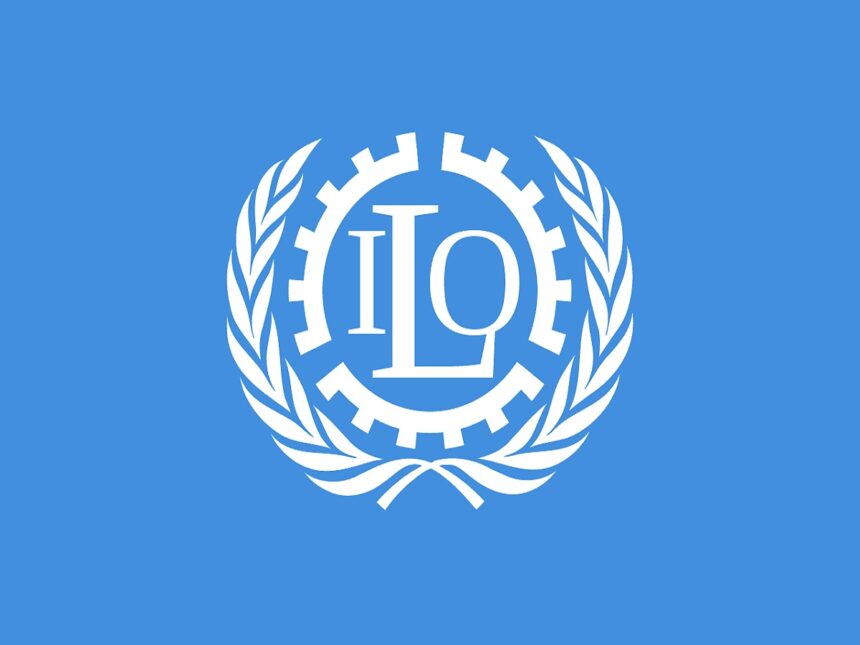The International Labour Organization (ILO) has called for urgent reforms in social protection policies to make them gender-responsive, warning that without comprehensive changes, women around the world will continue to face structural barriers that exclude them from essential services and benefits.
In its newly released publication “Making Social Protection Work for Gender Equality: What Does It Look Like? How Do We Get There?”, launched during an online panel discussion last Thursday, the ILO outlined a bold, life-cycle approach to tackling gender inequality through social protection.
Shahra Razavi, ILO’s Director and panel chair, opened the event by highlighting the critical gaps women face. “Social protection policies must place gender equality centre-stage if they are to work in favour of women. For too long, gender meant maternity benefits and social assistance programmes. Such a focus does not take into account the full range of life-cycle risks and structural impediments women face,” she said.
The report showed that globally only 50.1 per cent of women have access to some form of social protection, compared to 54.6 per cent of men. Even more alarming is the fact that just 28.2 per cent of women enjoy comprehensive legal coverage, trailing significantly behind men at 39.3 per cent. These gaps, the ILO warns, leave women vulnerable—especially amid multiple crises such as climate change, conflict, and pandemics that exacerbate pre-existing inequalities.
The ILO’s Christina Behrendt, Head of Social Policy at the Universal Social Protection Department, emphasized that gender-responsive design and coordination with other policy areas are essential. She pointed out that women often face compounded risks, including unpaid care burdens, informal employment, and exclusion from formal labour markets.
James Heintz, Professor of Economics at the University of Massachusetts, added a fiscal perspective: “While the sustainability of fiscal policies is important, there is a contradiction—fiscal policy often results in cuts to social protection and services, which are necessary to protect the developmental objectives that fiscal consolidation is supposed to protect in the first place.”
The report recommends integrated policy approaches that combine social protection with care, employment, formalization, and fiscal policy reforms. It also draws from diverse global examples and adheres to international social security standards to suggest actionable strategies.
Laura Alfers, International Coordinator at WIEGO, underscored the importance of integration, especially for informal workers: “Social protection has to be part of an integrated system of improving livelihoods and incomes, and structural economic change at the end of the day.”
Deepta Chopra, Research Fellow at the Institute for Development Studies, University of Sussex, urged a shift in perspective: “We need to go beyond giving cash. If we talk about rights-based approaches, we need to see women not just as mothers or workers, but as citizens.”
Ultimately, the ILO report offers a roadmap for transforming social protection into a tool for gender justice, economic resilience, and inclusive development.
READ ALSO: ILO, GIZ, UN strengthen collaboration for decent work, sustainable development in Nigeria






